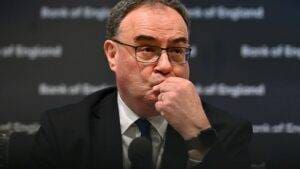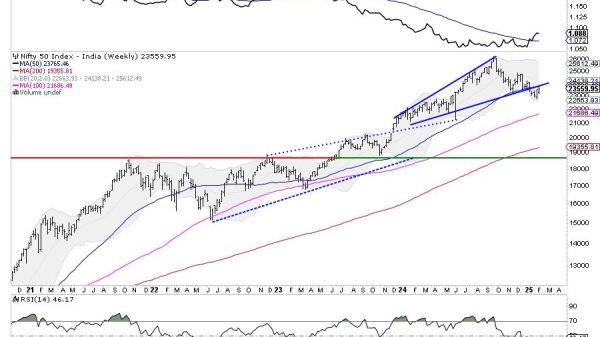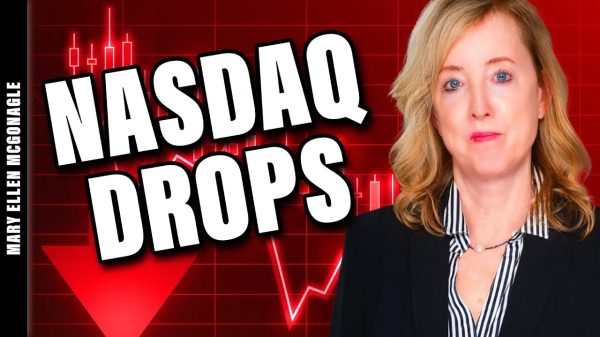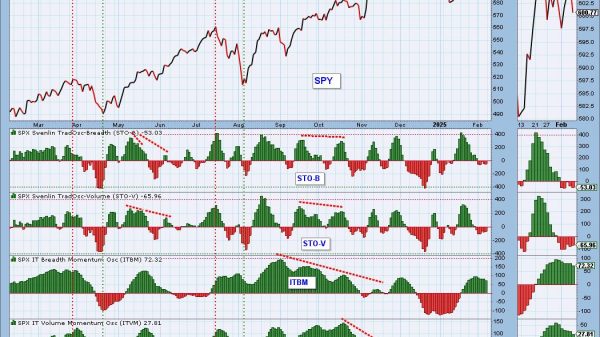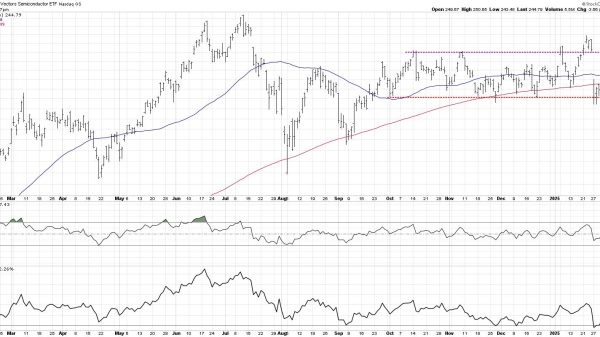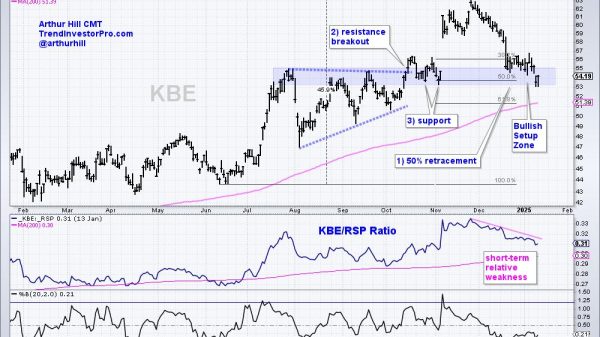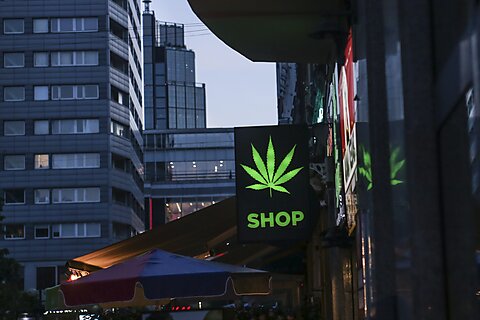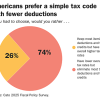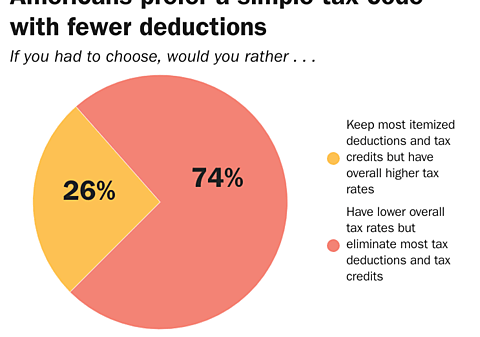
Food inflation in the UK edged higher in March as Britons splashed out early on Easter eggs and seasonal confectionery, pushing up prices of chocolate and sweets across supermarket shelves.
According to the latest data from Kantar, grocery inflation rose to 3.5% in the four weeks to 23 March, up from 3.3% the previous month. Overall supermarket sales grew by 3.2%, slightly lagging behind price increases.
Despite Easter falling later this year, shoppers have already spent £134 million on chocolate eggs and festive treats — nearly 10% more than in the same period last year. A third of UK households have already stocked up on hot cross buns, signalling strong seasonal demand.
Fraser McKevitt, head of retail and consumer insight at Kantar, said that supermarkets were fighting hard to maintain shopper loyalty amid ongoing cost-of-living pressures.
“With prices continuing to rise, supermarkets are mindful of the need to invest to attract shoppers through their doors,” he said, noting that promotional spending hit £2.6 billion in March — the highest in four years. Discounted items accounted for 28.2% of industry sales.
Although financial pressure has eased slightly since its peak in October 2022, 22% of UK households still say they are struggling financially. The rising cost of groceries remains the third most pressing concern after energy bills and the broader economic outlook.
Lidl was the fastest-growing physical retailer, with sales up 9.1%, pushing its market share to 7.8% — now less than one percentage point behind Morrisons. Meanwhile, online grocer Ocado posted the largest overall growth, with sales rising 11%, giving it a 2% market share.
In contrast, Asda was the only major grocer to post a sales decline, down 5.6%, with its market share slipping to 12.5%. The drop comes despite Asda’s renewed focus on price cuts and store staffing, part of a turnaround plan that has yet to yield results. Last month, Asda’s profit warning triggered a £4 billion drop in the market value of listed rivals Tesco, Sainsbury’s, and Marks & Spencer.
While Tesco, Sainsbury’s, Aldi, and M&S all gained market share, supermarket cafes reported a drop in footfall, with 200,000 fewer visitors year-on-year as customers looked to save money by cutting out non-essential spending.
Some retailers have responded by closing in-store cafes or partnering with third-party operators to run them more efficiently.
As the Easter holiday approaches, grocers are likely to continue leveraging seasonal promotions to drive sales — but the impact of rising inflation on household budgets remains a significant challenge across the sector.
Read more:
UK food inflation rises as early Easter spending boosts chocolate sales


